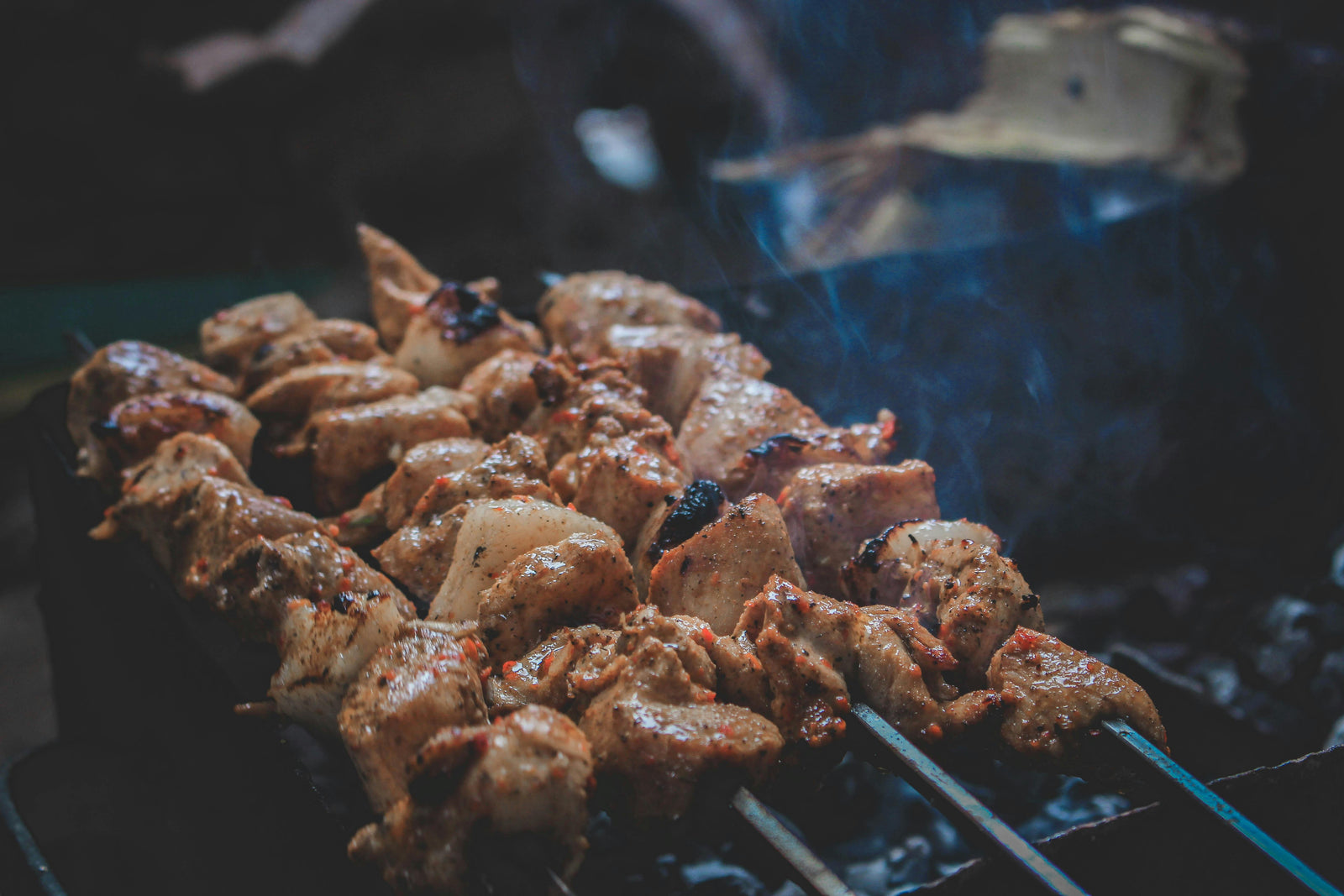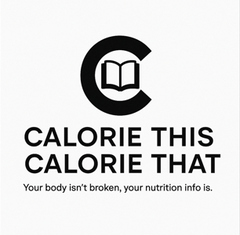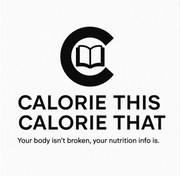Does Eating Late Make You Fat? (Here’s the Truth)

"I ate late... did I just ruin my progress?" If you’ve ever had that panic after eating late at night, you’re not alone. Many of us grew up hearing “Don’t eat at night or it’ll go straight to fat.” It’s a scary thought that one midnight snack could undo all your hard work. But here’s the truth: what matters for fat loss or gain isn’t the time on the clock, it’s the total amount you eat.
Calorie Balance Matters More Than the Clock
It’s not when you eat. It’s how much you eat. Your body doesn’t magically store more fat just because you ate at 9 PM instead of 6 PM. Weight gain happens when you consistently take in more calories than you burn, period. Whether those calories come in the morning, afternoon, or midnight doesn’t change the basic math of calories in vs. calories out.
Think of your daily calories like a budget. If your “calorie budget” for the day is 2000, it doesn’t matter if you spend those calories early or late — the total spent is what counts. If you regularly eat more than 2000, you’ll likely store the excess as fat; eat less (below your budget) and you’ll lose fat. Your body doesn’t have an “after-hours” switch that suddenly turns every bite into fat once the sun goes down.
Why Late-Night Eating Got a Bad Rap
If meal timing isn’t the villain, why do so many people swear that late eating makes you gain weight? This myth sticks around for a few reasons:
-
“Metabolism Meltdown” Myth: You may have heard metabolism slows at night. It does drop a little while you sleep, but not enough to make late eating inherently fattening. Your body is still burning energy at night, so there’s no magic hour when food suddenly turns to fat. A 300-calorie snack will affect you the same whether you eat it in the afternoon or at midnight.
-
Mindless Munching & Extra Calories: After a long day, you’re more likely to snack on chips or ice cream while watching TV. Those treats are extra calories beyond your daily needs, and when you’re tired and distracted, it’s easy to eat more than you intended. Over time that surplus (not the late hour) is what causes weight gain.
In short, eating late often coincides with habits that lead to higher calorie intake. It’s those habits — not the clock — that can cause weight gain.
Same Calories, Same Results (Early vs. Late Eaters)
To drive this point home, let’s look at two example eating schedules. Both people eat the exact same number of calories in 24 hours, but one eats earlier and one eats later:
Example 1: The Early Bird
-
7:00 AM – Breakfast (700 calories)
-
12:30 PM – Lunch (600 calories)
-
6:00 PM – Dinner (700 calories)
-
Total: 2000 calories for the day.
Example 2: The Night Owl
-
12:00 PM – Lunch (600 calories)
-
4:00 PM – Snack (200 calories)
-
9:00 PM – Dinner (1200 calories)
-
Total: 2000 calories for the day.
Both individuals end the day at ~2000 calories. Who gains more fat? Neither. Their bodies will handle things similarly because they ate the same amount. The Night Owl might go to bed feeling fuller (maybe a tad bloated), while the Early Bird might feel a bit hungry, but there’s no special penalty for eating later in terms of fat gain. 2,000 calories is 2,000 calories, whether you eat it at 6 PM or 10 PM.
Busting the Myth and Moving Forward
The idea that a late dinner will instantly turn into belly fat is just a myth. You don’t need to panic if you eat after some “curfew” hour, because what truly matters is the big picture: your overall eating pattern and calorie balance over time.
As long as you maintain a healthy calorie balance, you can enjoy a late-night snack without guilt. Focus on what and how much you eat, not when. Try not to let yourself get so hungry that you overeat at night, but if a late meal fits your schedule, it’s okay!
Your body isn’t so fragile that a single late meal will derail your progress, so stop stressing about a 9 PM dinner. In the long run, consistency and moderation are what make or break your results — not one late-night snack.
And if busting this myth felt like a breath of fresh air, check out our book Calorie This, Calorie That by Aba Solomon. It continues this friendly, myth-busting approach—casual and fun but backed by science. All those diet rules that make you second-guess yourself? We break them down so you can eat with confidence.
If this helped clear up some confusion, our book breaks down more myths like this in plain English — grab your copy here: Calorie This Calorie That E-Book.

